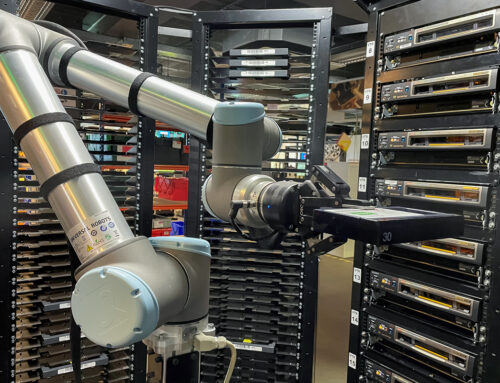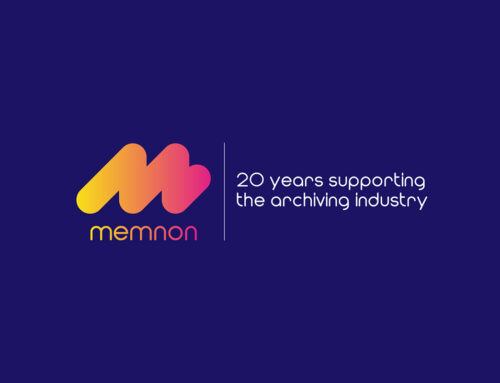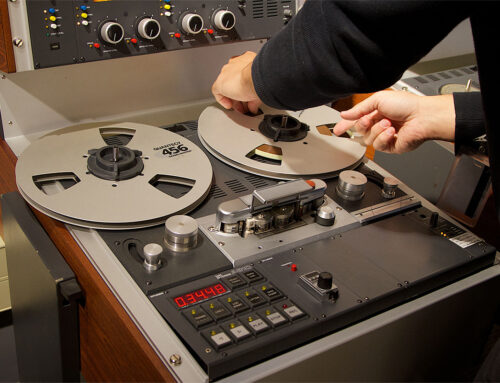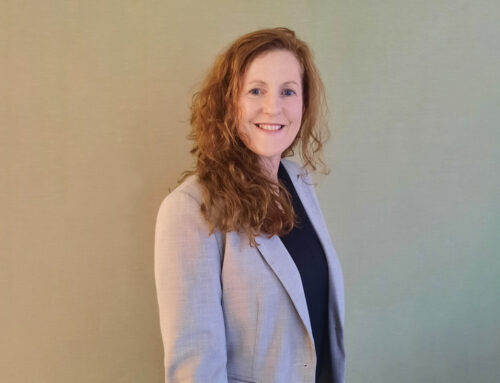The Challenge
In 2016, the CERN (European Organization for Nuclear Research) started the Digital Memory project. Its main purpose was to prevent the loss of historical content produced by the organization. Although the core mission of the Laboratory is fundamental research in particle physics, it also a remit to train the next generation of scientists and to bring nations together. The transfer of CERN technologies and expertise to society is an integral part of these activities. Therefore, it was essential to digitize their assets and take a step forward in their long-term preservation plan.
The first step was to address the deterioration of its most vulnerable materials, specifically multimedia assets stored on analogue formats from 1954 to the late 1990s… This content was threatened with obsolescence. The magnetic tapes and other media on which the CERN’s audiovisual documentation had been recorded since 1954 were beginning to deteriorate. The conversion of this heritage into a digital format became urgent.
CERN committees have been recorded since 1956 for the purposes of the translation service. Memnon was awarded a public tender to digitize sound recordings in the form of BASF cassettes and AGFA 1/4 inch tapes, an estimated 8,230 hours of confidential recordings as well as a collection of public interviews. Moments that marked the history of science.
How we helped
“Technical knowledge of recording and reading devices were not available any more in-house. We are very satisfied by the work done by Memnon. A nice collection of .wav files, will become world-wide available in the future (it could be ~100 years, due to the confidentiality of the recordings!).”
– Jean-Yves Le Meur – Digital Memory Project Leader at CERN
Memnon’s audio expertise originated from a professional sound studio created in 1987 in Brussels. Memnon’s sound engineers gained broad experience from the multiple missions conducted over the years to safeguard audio heritage. Memnon has been involved in the digitization of prestigious audio collections for clients like the National Library of France (BNF), Indiana University (IU) and the Swiss Radio. This is one of the reasons why, CERN entrusted the digitization of their audio collection to Memnon, a worldwide leading provider of services to digitize, restore, preserve and provide access to audio-visual archives.
After transporting the sensitive media to its facilities in Brussels, barcodes were placed on each transport box. Each support was then associated with its original transport box so that they could be returned to CERN exactly as received. Our audio experts took care of the post treatment of the proxy files: trimming, normalization and noise reduction. For these files, we assembled both sides of the audio cassette in one file. For some cassettes we had to manually remove silences at the end or beginning of the tape.
Quality Control was performed automatically through Memnon’s proprietary QC tool and reviewed manually by our expert operators. We also provided scanning & imaging of documents that came with the audio tapes. We delivered 4 audio file versions: a Preservation Master .wav, equal to the original tape, following IASA recommendations and three proxy access files with audio treatments .wav,.ogg and .mp3 on HDD.
Outcome
Thanks to CERN’s awareness and strong commitment to content preservation and Memnon’s unparalleled digitization experience, CERN has safeguarded their audio files and find themselves further along in their long-term preservation plan. These invaluable meeting recordings are now accessible to the CERN Archivists and will be transmitted to future generations as the access becomes open.
The next step for CERN is to adopt a standard digital preservation solution. They are currently evaluating how CERN Digital Memory and HEP Data could benefit from a common layout to start storing content into an OAIS (Open Archival Information System) compliant archive.
One of the things that helped and made a difference in this project is Memnon’s ability to meet and exceed client’s expectations. At the start of every project, Memnon sets up a meeting with the interested parties to review and discuss the requirements of the project and agree on the best way to achieve agreed objectives. Subsequently, Memnon’s project manager and R&D team adapt the digitization workflow to optimize the delivery to clients.




